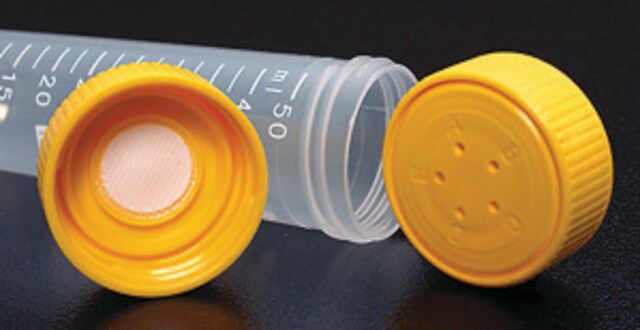63445
Almond oil from Prunus dulcis
tested according to Ph. Eur.
Synonym(s):
Amygdalae oleum raffinatum, Almond oil, sweet
Sign Into View Organizational & Contract Pricing
All Photos(1)
About This Item
Recommended Products
Agency
USP/NF
tested according to Ph. Eur.
Quality Level
density
0.91 g/mL at 20 °C
application(s)
pharmaceutical (small molecule)
storage temp.
2-8°C
Looking for similar products? Visit Product Comparison Guide
Storage Class Code
10 - Combustible liquids
WGK
WGK 2
Flash Point(F)
Not applicable
Flash Point(C)
Not applicable
Personal Protective Equipment
dust mask type N95 (US), Eyeshields, Gloves
Choose from one of the most recent versions:
Already Own This Product?
Find documentation for the products that you have recently purchased in the Document Library.
Ammar Cherif et al.
Comptes rendus biologies, 332(12), 1069-1077 (2009-11-26)
The evolution of the composition of sterols and squalene during the maturation of the fruit of three cultivars (Achaak, Perlees and Mazetto) almond (Prunus amygdalus Batsh) was investigated. At the same time the evolution of oleic, linoleic and linolenic fatty
Naveed Akhtar et al.
Pakistan journal of pharmaceutical sciences, 21(4), 430-437 (2008-10-22)
Several processes are used for the manufacture of multiple emulsions. The most widely used procedure is two step method. 1st step consists of preparing a primary emulsion. In the 2nd step, a definite amount of this primary emulsion is dispersed
Sophie Gallier et al.
Food & function, 3(5), 547-555 (2012-02-23)
An aqueous suspension of almond oil bodies (about 10% lipids) was prepared and subjected to in vitro gastric (with pepsin) and intestinal (with bile salts and pancreatin) digestion, simulating fasting conditions. The physicochemical and structural changes of the almond oil
Fotini Malisiova et al.
Zeitschrift fur Naturforschung. C, Journal of biosciences, 59(5-6), 330-334 (2008-11-13)
The seeds of the almond tree [(Prunus dulcis (Mill.) D. A. Webb. (syn. Prunus amygdalus)] were collected in two different periods of maturity and were studied for their lipid content. The total lipids (TL) were extracted by the Bligh-Dyer method
Sarah E E Berry et al.
The American journal of clinical nutrition, 88(4), 922-929 (2008-10-10)
Plant cell walls are known to influence the rate and extent of lipid release from plant food tissues during digestion; however, the effect of cell wall structure on postprandial lipemia is unknown. The objective was to investigate the effects of
Our team of scientists has experience in all areas of research including Life Science, Material Science, Chemical Synthesis, Chromatography, Analytical and many others.
Contact Technical Service





